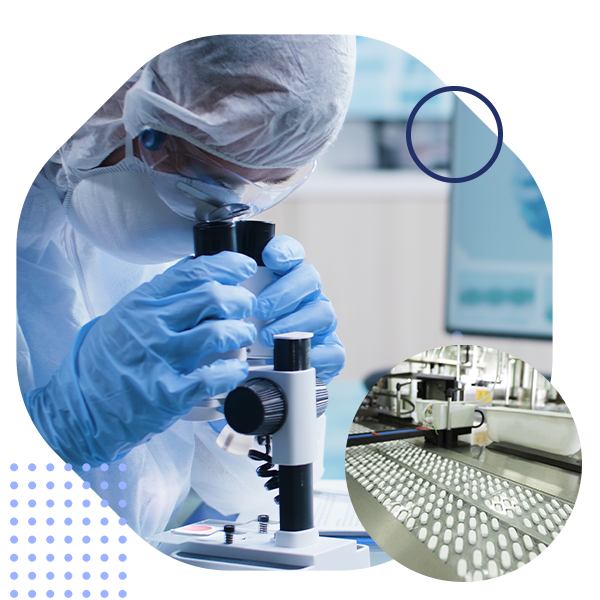
Pharmaceutical companies invest heavily in research and development to discover and develop new drugs and therapies. This process involves identifying potential drug candidates, conducting preclinical studies, and then conducting clinical trials to test the safety and efficacy of these drugs. The pharmaceutical industry in the United States is a vital and highly regulated sector of the healthcare system. It plays a critical role in the development, manufacturing, and distribution of drugs and medications to treat various medical conditions.
The pharmaceutical industry's commitment to research and development is an essential driver of medical progress. The process of drug development typically begins with the identification of potential drug candidates, which can be derived from various sources such as natural compounds, synthetic molecules, or biotechnological innovations. These candidates then undergo rigorous preclinical studies, involving in vitro and animal testing, to assess their safety profiles and potential therapeutic effects.
In essence, pharmaceutical companies' heavy investments in R&D, their dedication to conducting rigorous clinical trials, and their pivotal role in the healthcare system collectively contribute to advancing medical science, improving patient outcomes, and addressing the ever-evolving health challenges of our society.


MISSION
Pharmaceutical missions can encompass a wide range of objectives, including drug development, research, manufacturing, distribution, regulatory compliance, and more.

VISION
Pharmaceutical companies aspire to be at the forefront of medical innovation. They seek to drive scientific discovery and develop novel treatments and therapies that improve and extend the lives of patients.

VALUE
The pharmaceutical industry operates with a set of core values that guide its actions and decisions. These values reflect the industry's commitment to public health, scientific integrity, and ethical conduct.







